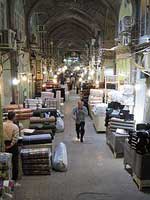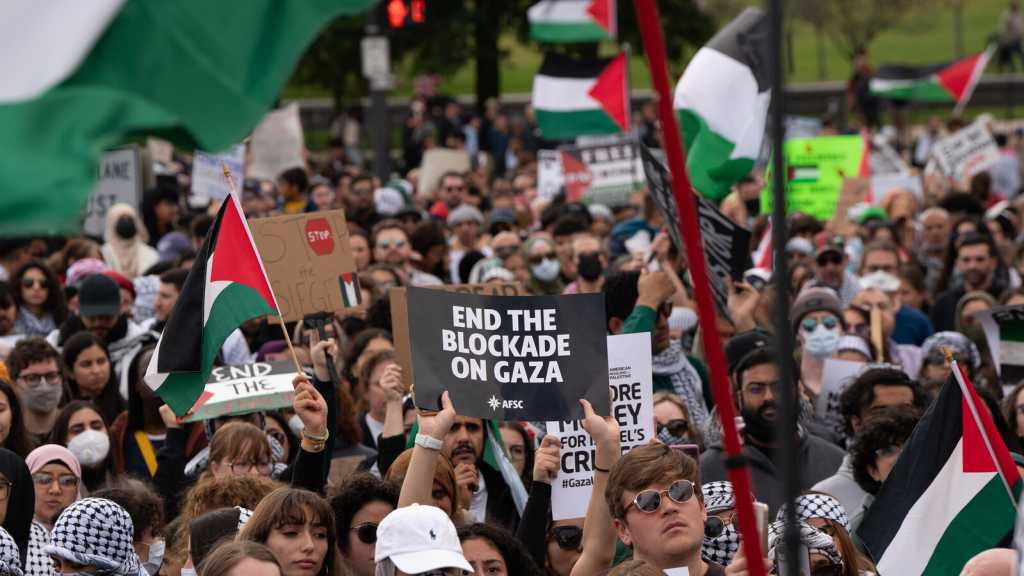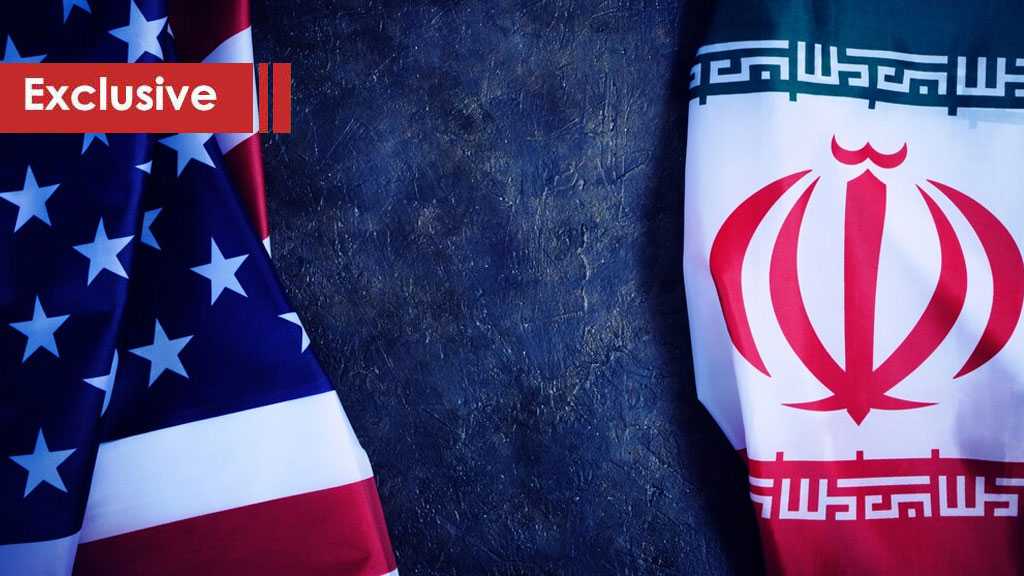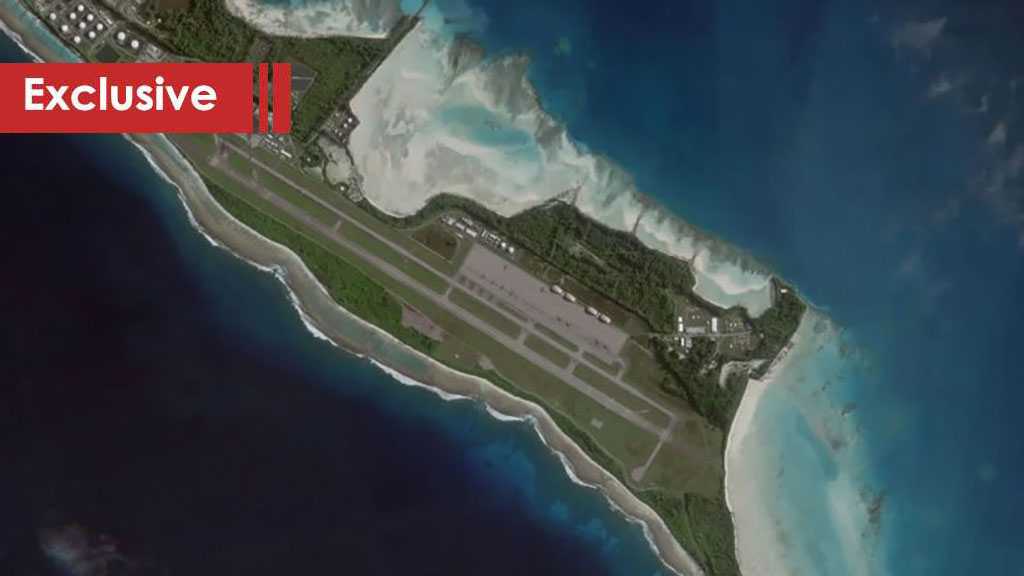
Iran’s Economy Resists War of Economy, Media, and Psychology…

Hassan Haidar-Tehran
Tehran's' Grand Bazaar completely recovered after some firms had been shut in protest over the foreign dollar rise.
The Iranian government actually conducted a series of measures, raising the value of the Iranian rial against the dollar. This occurred in spite of a potential increase of Western pressures on the Islamic Republic; also amid the media attack and psychological war conducted by regional and foreign media- even by Iranian opposition channels broadcasting abroad.

Sources of the Iranian Parliament pointed out the sanctions might have affected the Iranian economy by a rate of only 10% to 20%. Therefore, the economic system would not fall, the sources said, blaming the current mismanagement of the hard-currency market.
MP Iraj Nadimi declared to "al-Intiqad" online newspaper, "The government conducted a process of buying and selling the rial for foreign dollar, raising, hence, the value of the rial in the market. That occurred at a time speculators were making great profits in the black market. In other words, I say the dollar was then a profitable item whereby people commenced processes of buying and selling.
Locally, we do not need the dollar, for financial transactions have been restricted by the Western sanctions. Besides, "the Central Bank of Iran" has been providing the supply of hard currencies needed by traders and dealers in Iran. The attempts to make quick profits, however, resulted in the rial drop. The dollar must not be regarded as a profit item. Though market management and government control came a bit late, they eventually managed to restrict the dollar."
Iranian-market analysts see that the financial market has regained stability; the exchange of the rial has greatly improved against the dollar. A further rise of the Iranian rial is expected to take place in the coming days. That is, financial measures have been made. Besides, a monetary-exchange chamber has been established, restricting the black market. The Iranian security forces have arrested 16 members running financial networks, which had been conducting illusory financial bargains and speculations, impacting the market for days.
The West wished to exploit the flaw of the financial market as a part of psychological war on Tehran, Iranian observers pointed out, adding that the West attempted to present Iran as if it had went back on its stance as to the twenty-percent uranium enrichment, also that Tehran had become submissive.
Nevertheless, the recent negotiation series over the nuclear issue, particularly the ones held by Iran and the six-nation group (US, UK, Russia, China, France, and Germany) in Bagdad and Moscow, demonstrated Iran's flexibility in dealing with the issue of uranium enrichment: Iran said it could suspend twenty-percent uranium enrichment in return for receiving nuclear crude for "Amir Abad Medical Plant". Neither did the six-nation group, for its part, approve of that, nor did it offer any guarantees that Iran would receive the nuclear-crude supply.
All in all, the rise of the Iranian rial, the recovery of markets, and the failure of exploitation of the latest financial impact- all have altered the economic battle targeting Iran's vital sector: the economy independently developed in time of war and adapted to sanctions. Having overcome the most serious economic impact long before now, Iran's economy has become immune to such economic impacts. It has become a new, resistant economy.
Source: al-Intiqad, translated and edited by moqawama.org



